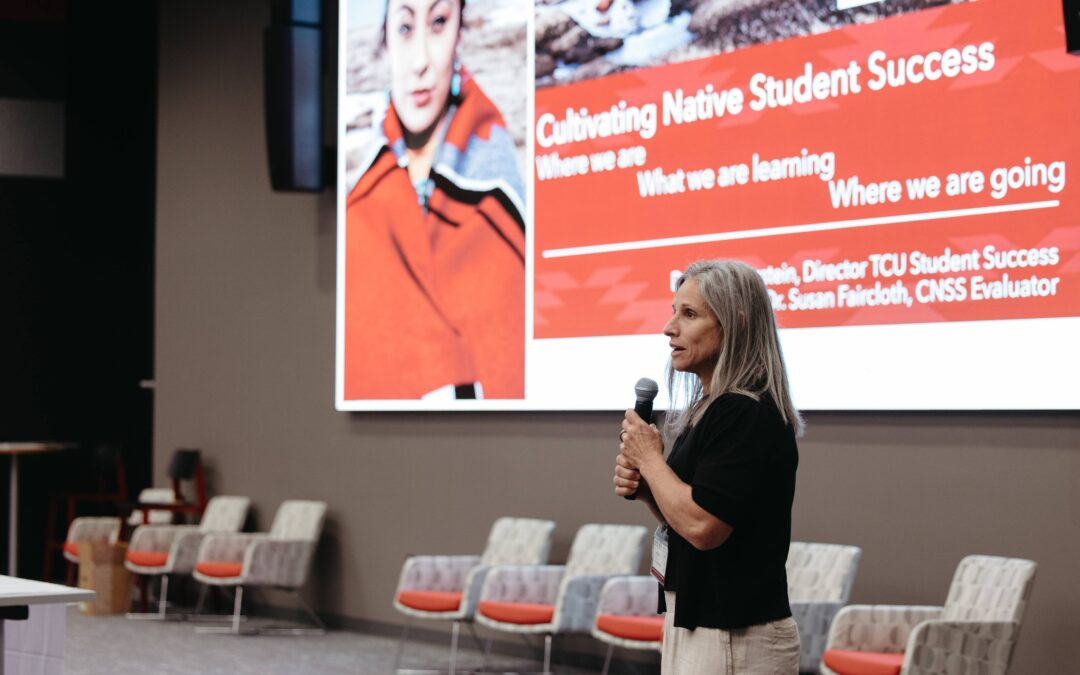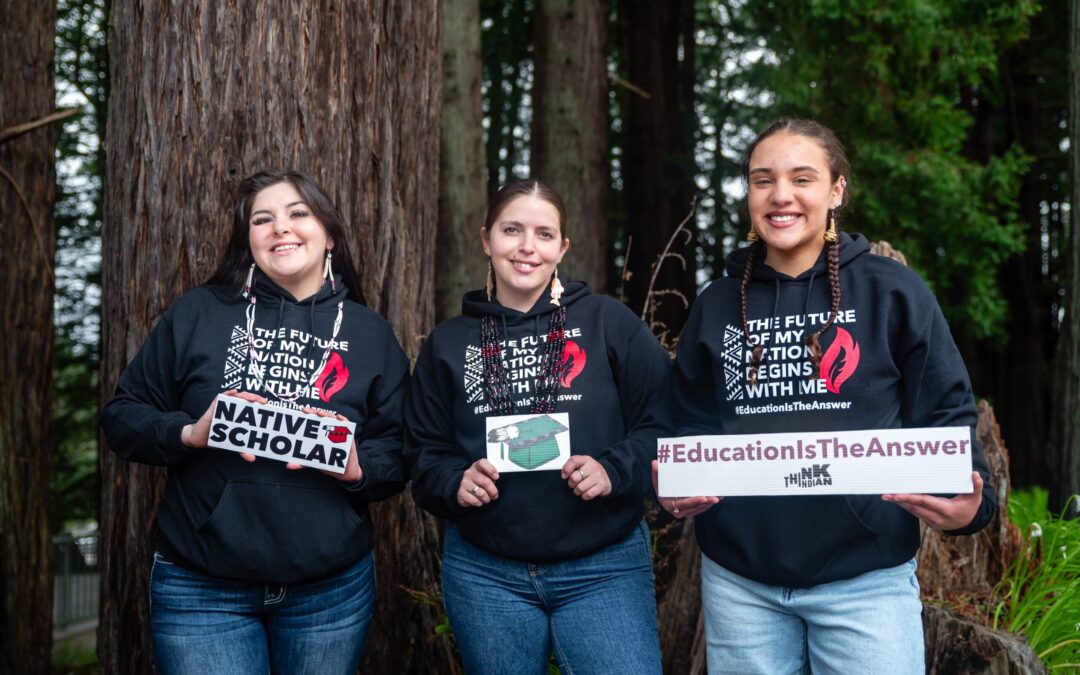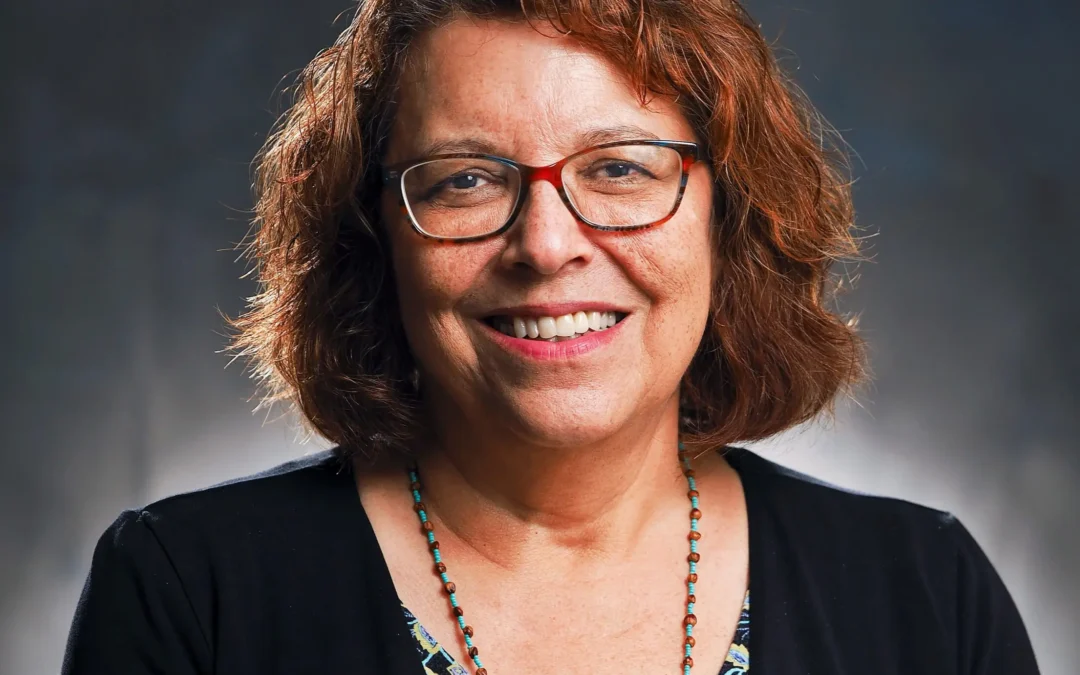My name is Jennifer DeVerney and I work at Herzing University as an Intern and Employer Outreach Specialist with the Career Services Department. I am a proud member of the Little River Band of Ottawa Indians located from Manistee, Michigan.
I have worked really hard to get to where I am today, and have been blessed to hold a career in education where I help change people’s lives on a daily basis regardless of their race. To “Think Indian” means so much more than just casinos, feathers, reservations, or pow wows. What “Think Indian” means to me is to know your culture, live it, take part in it, and be grateful and proud of your ancestry. In addition it means to be respectful, friendly, and courteous to your fellow man or woman.
Every day I strive to be the best example I can be to my children, co-workers, friends, family, and to our next generation. Being Native American allows me to hold my head up high and be proud of the many accomplishments of our people as well as my own. It is my identity, who I am, and no one can take that away from me.
Jennifer DeVerney
Internship & Employer Outreach Specialist, Herzing University









